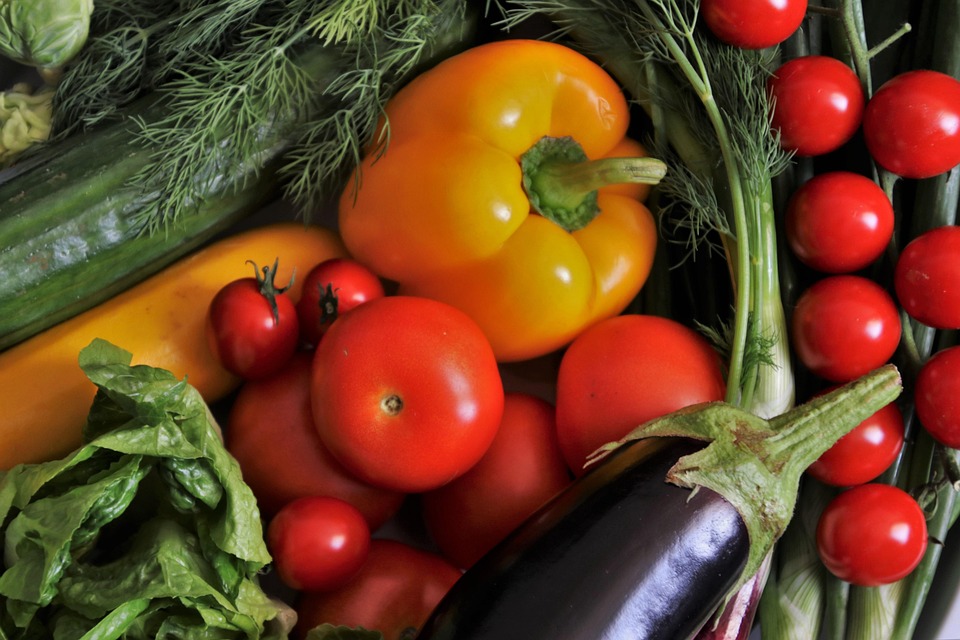Herpes Simplex Virus Type 1 (HSV-1) can feel overwhelming, but understanding the 7 essential vitamins for HSV-1 relief can empower you. You’re not alone in this journey, and knowledge is your best ally. Let’s dive into how these vitamins can support your body and help you regain control.
Contents
What is HSV-1 and Why Should You Care?
HSV-1 is a common virus that typically causes cold sores around the mouth. While it may not seem serious, the emotional and physical toll it takes can be significant. Cold sores can appear at the most inconvenient times, making you feel self-conscious and uncomfortable.
Your body’s immune system is your first line of defense against outbreaks. By incorporating specific vitamins, you can boost your immunity, reduce the frequency of outbreaks, and make your life a little easier.
The Role of Vitamins in Managing HSV-1
Vitamins play a crucial role in your overall health. They help strengthen your immune system, promote healing, and can even help manage symptoms. Let’s break down the 7 essential vitamins for HSV-1 relief that you need to consider adding to your diet or supplement routine.
1. Vitamin C: The Immune Booster
Vitamin C is your immune system’s best friend. It’s a powerful antioxidant that helps combat oxidative stress and supports the production of white blood cells, which fight off infections.
- Benefits for HSV-1:
- Reduces the duration and severity of outbreaks.
- Helps your body recover faster from cold sores.
Sources: Citrus fruits, strawberries, bell peppers, and broccoli. If you find it hard to get enough from food, consider a high-quality supplement.
2. Vitamin E: The Skin Healer
When it comes to skin health, Vitamin E is a superstar. This vitamin has anti-inflammatory properties and helps your skin heal more quickly.
- Benefits for HSV-1:
- Soothes and helps heal cold sores.
- Reduces scarring after an outbreak.
Sources: Nuts, seeds, spinach, and avocados. Applying Vitamin E oil directly to cold sores can also provide relief.
3. B Vitamins: The Stress Relievers
B Vitamins—including B1, B2, B6, and B12—are essential for energy production and can help your body cope with stress. Stress is a known trigger for HSV-1 outbreaks, so managing it is crucial.
- Benefits for HSV-1:
- Supports overall energy and mood.
- Aids in stress management, reducing the likelihood of outbreaks.
Sources: Whole grains, meat, eggs, and leafy greens. A B-complex supplement can also be beneficial.
4. Vitamin D: The Immune Regulator
Vitamin D plays a significant role in regulating your immune system. A deficiency can leave you more susceptible to infections, including HSV-1.
- Benefits for HSV-1:
- Enhances your immune response.
- May reduce the frequency of outbreaks.
Sources: Sunlight is the best source, but you can also find Vitamin D in fatty fish, fortified foods, and supplements.
5. Zinc: The Healing Mineral
While not a vitamin, Zinc is essential for immune function and skin health. It helps your body heal wounds and can even shorten the duration of cold sores.
- Benefits for HSV-1:
- Promotes faster healing of outbreaks.
- Strengthens your immune response.
Sources: Meat, shellfish, legumes, and seeds. A zinc supplement can also provide added support.
6. Lysine: The Amino Acid
Similar to vitamins, Lysine is an essential amino acid that can help prevent HSV-1 outbreaks. It works by inhibiting the replication of the virus.
- Benefits for HSV-1:
- Reduces the frequency of outbreaks.
- Helps speed up healing.
Sources: Meat, dairy, and legumes. Lysine supplements are widely available and can be particularly beneficial during outbreaks.
7. Omega-3 Fatty Acids: The Anti-Inflammatory Heroes
Omega-3 fatty acids are known for their anti-inflammatory properties. They play a crucial role in maintaining overall health and can help reduce inflammation caused by HSV-1.
- Benefits for HSV-1:
- Supports overall immune function.
- Reduces inflammation during outbreaks.
Sources: Fatty fish like salmon, walnuts, and flaxseeds. Fish oil supplements are another great option.
How to Incorporate These Vitamins into Your Life
Now that you know what vitamins to focus on, you might be wondering how to fit them into your daily routine.
1. Balanced Diet
Focus on a well-rounded diet rich in fruits, vegetables, lean proteins, and whole grains. This is the best way to get your vitamins naturally.
2. Supplements
If you’re struggling to meet your nutritional needs through food alone, consider high-quality supplements. Consult with your healthcare provider to find the right ones for you.
3. Hydration and Rest
Don’t underestimate the importance of staying hydrated and getting enough sleep. Both are essential for optimal immune function.
4. Stress Management
Since stress can trigger outbreaks, it’s essential to incorporate stress-reducing practices into your life. Meditation, yoga, and even deep-breathing exercises can help.
The Bottom Line
Understanding the 7 essential vitamins for HSV-1 relief can empower you to take control of your health. By incorporating these vitamins into your routine, you can boost your immune system, reduce the frequency of outbreaks, and promote faster healing.
You don’t have to let HSV-1 dictate your life. With the right knowledge and a proactive approach, you can navigate this challenge with grace.
Ready to take charge? Start making changes today, and remember that you are not alone. There’s a community out there ready to support you.
FAQ Section
Q: Can I get enough vitamins through diet alone?
A: While a balanced diet is crucial, many people may still benefit from supplements, especially if they have specific deficiencies.
Q: How quickly can I expect to see results from these vitamins?
A: Results can vary, but many people notice improvements within a few weeks of consistent use.
Q: Are there any side effects to taking these vitamins?
A: Most vitamins are safe when taken as directed, but always consult with your healthcare provider before starting any supplement.
Embrace your health journey, and remember: knowledge is power!








